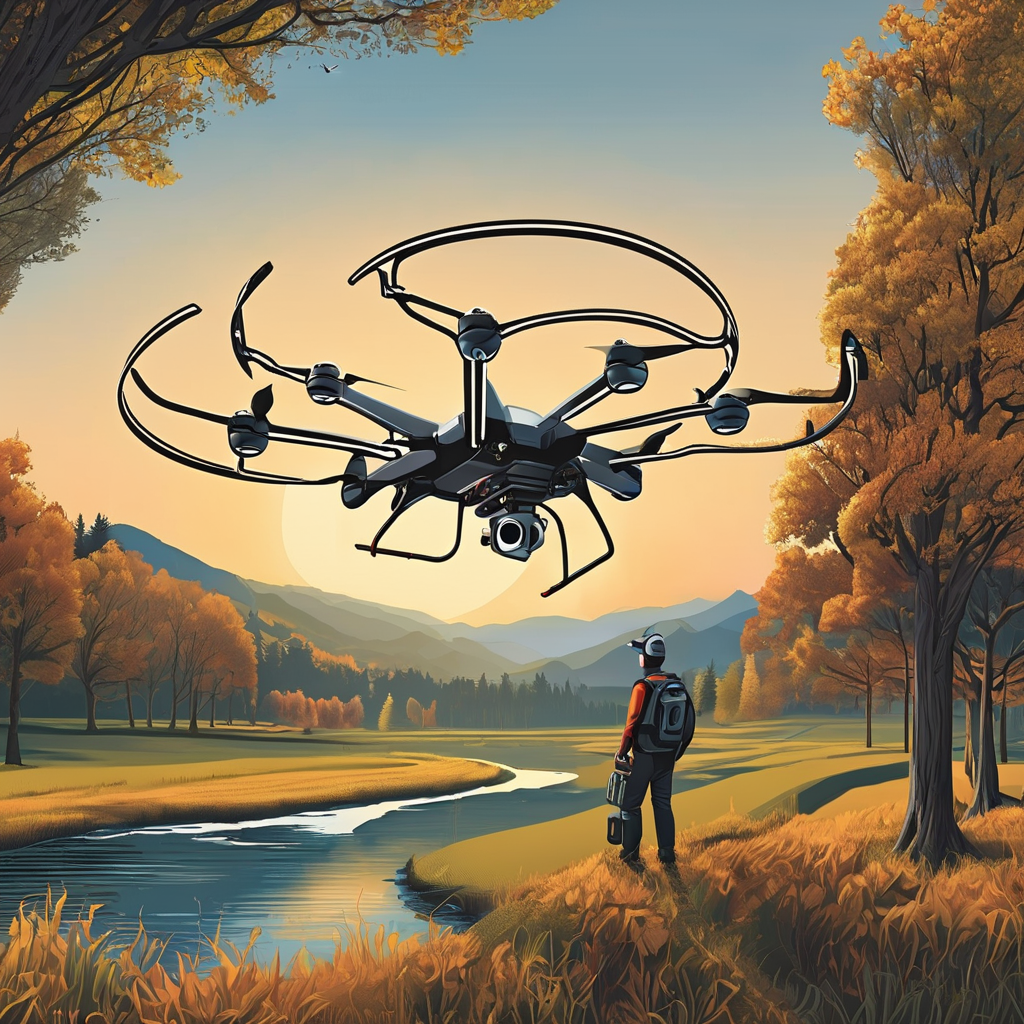Drone pilot certification is a crucial process for ensuring safety and professionalism in the rapidly growing field of drone technology. As drones become more prevalent in various industries such as photography, videography, agriculture, and search and rescue missions, the need for trained and certified drone pilots has become increasingly important. In this article, we will delve into the significance of drone pilot certification, the requirements for obtaining certification, and the benefits it offers both to the pilots and the community at large.
To become a certified drone pilot, individuals must undergo training and pass a certification exam administered by the Federal Aviation Administration (FAA) in the United States. This process ensures that drone pilots have the necessary knowledge and skills to operate drones safely and responsibly. The certification exam covers topics such as airspace regulations, weather conditions, emergency procedures, and drone operation principles. By passing the exam, drone pilots demonstrate their competence and commitment to upholding safety standards in the industry.
One of the key benefits of drone pilot certification is that it enhances the credibility and professionalism of drone operators. Certified drone pilots are seen as more reliable and trustworthy by clients and employers, leading to increased opportunities for work in various sectors. Moreover, certification allows drone pilots to differentiate themselves from hobbyists and unlicensed operators, giving them a competitive edge in the job market.
In addition to credibility, drone pilot certification also opens up new possibilities for career advancement and specialization. Certified drone pilots can pursue opportunities in industries such as aerial surveying, infrastructure inspection, aerial photography, and cinematography, where their skills are in high demand. By obtaining specialized certifications in these areas, drone pilots can further enhance their expertise and marketability.
Furthermore, drone pilot certification plays a crucial role in promoting safety and responsible drone operation. By ensuring that drone pilots have a thorough understanding of aviation regulations and best practices, certification helps reduce the risk of accidents and incidents involving drones. This not only protects the safety of individuals on the ground but also safeguards the reputation of the drone industry as a whole.
Another important aspect of drone pilot certification is its contribution to regulatory compliance. As drones become more integrated into airspace systems, regulatory bodies around the world are implementing stricter guidelines for drone operation. By requiring certification for drone pilots, authorities can better monitor and regulate drone activities, ensuring compliance with existing laws and regulations.
Moreover, drone pilot certification fosters a culture of continuous learning and improvement within the drone community. Certified drone pilots are encouraged to stay updated on the latest developments in drone technology, regulations, and best practices through ongoing education and training. This commitment to professional development not only benefits the individual pilot but also contributes to the overall advancement of the drone industry.
In conclusion, drone pilot certification is an essential step towards ensuring safety, professionalism, and regulatory compliance in the rapidly evolving field of drone technology. By obtaining certification, drone pilots can enhance their credibility, open up new career opportunities, promote safety, and contribute to the growth of the industry. As drones continue to revolutionize various sectors, the role of certified drone pilots will become increasingly vital in shaping the future of this dynamic industry.
